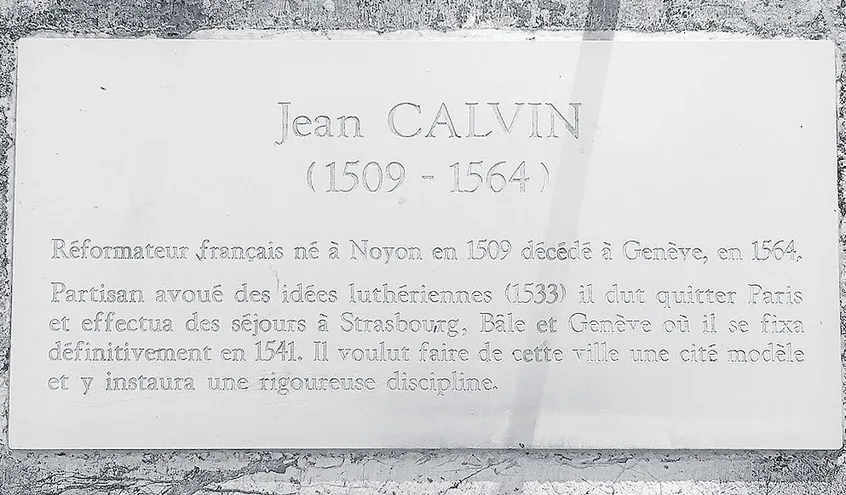Of all the 16th-century Reformers, John Calvin (1506–1564) was the most reluctant to discuss details of his life in works destined for public consumption.
As he told Cardinal Jacopo Sadoleto: ‘I am not eager to speak about myself.’ He had, as historian Heiko Oberman once aptly put it, a ‘dislike of self-disclosure.’
From his hand, for example, there are really only two major sources for details about his early life, namely, sections from his Reply to Sadoleto (1539), which need to be used with caution since they are not explicitly autobiographical, and those from the Preface to his Commentary on the Psalms (1557). Occasional remarks here and there in other passages in the works of Calvin help fill in some of the gaps of his early life, as do the two memoirs of the French Reformer by his close friend and ministerial colleague, Theodore Beza.








